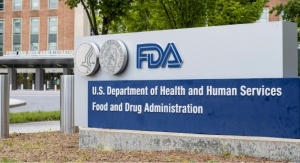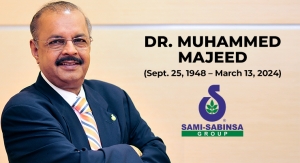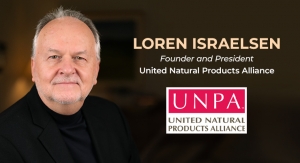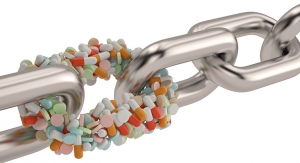Sean Moloughney, Editor11.02.15
If the Hitchhiker’s Guide to the Galaxy by Douglas Adams has taught me anything that can be practically applied to life, and my responsibilities here at Nutraceuticals World, it’s “Don’t Panic!” … and to always carry a towel during interstellar travel.
Only 14% of consumers overall have heard about the New York Attorney General investigation, according to Diane Ray, vice president of strategic innovation at the Natural Marketing Institute (NMI), and only 25% of herbal supplement consumers have heard about this saga, which has sparked tremendous industry fervor and debate.
“Yes, this is important. Yes, this warrants a response,” Ms. Ray said during the American Herbal Products Association’s 2015 Botanical Congress in October. “But it isn’t time to panic.” (For more insights from the event click here.)
No, the sky isn’t falling. But yes, the NY AG has shaken things up considerably, to the point where meaningful discussions about the evolution of industry regulations are taking shape. The important questions related to ensuring supply chain integrity, for example, or how to properly apply DNA barcode testing are being addressed in committees and meetings commissioned by the major trade associations. If you’re not involved, you should be; in fact, you need to be.
Bigger than the NY AG himself, the nutraceuticals industry seems to have a crisis of credibility. In order to not only retain current supplement consumers, but also attract the next generation to the category, the market will need to evolve. The best path forward should be mapped out from the inside, instead of outside interests determining it for us. But the map needs to take shape soon. Too big to go unnoticed by regulators, the industry is also too important to stay stagnant and lose the public relations battle.
As I’ve said before, this industry has a compelling argument to make about preventive health. There is an incredible opportunity to gain acceptance into mainstream healthcare at a time when the disease-care model has gotten tired.
There’s no fast track to quality. There’s no magic bullet to fixing everything for everyone. But the perfect shouldn’t be the enemy of the good. Companies will need to make sacrifices for the industry at large, which will inevitably benefit consumers in the end—and that should really be the principal objective after all.
Only 14% of consumers overall have heard about the New York Attorney General investigation, according to Diane Ray, vice president of strategic innovation at the Natural Marketing Institute (NMI), and only 25% of herbal supplement consumers have heard about this saga, which has sparked tremendous industry fervor and debate.
“Yes, this is important. Yes, this warrants a response,” Ms. Ray said during the American Herbal Products Association’s 2015 Botanical Congress in October. “But it isn’t time to panic.” (For more insights from the event click here.)
No, the sky isn’t falling. But yes, the NY AG has shaken things up considerably, to the point where meaningful discussions about the evolution of industry regulations are taking shape. The important questions related to ensuring supply chain integrity, for example, or how to properly apply DNA barcode testing are being addressed in committees and meetings commissioned by the major trade associations. If you’re not involved, you should be; in fact, you need to be.
Bigger than the NY AG himself, the nutraceuticals industry seems to have a crisis of credibility. In order to not only retain current supplement consumers, but also attract the next generation to the category, the market will need to evolve. The best path forward should be mapped out from the inside, instead of outside interests determining it for us. But the map needs to take shape soon. Too big to go unnoticed by regulators, the industry is also too important to stay stagnant and lose the public relations battle.
As I’ve said before, this industry has a compelling argument to make about preventive health. There is an incredible opportunity to gain acceptance into mainstream healthcare at a time when the disease-care model has gotten tired.
There’s no fast track to quality. There’s no magic bullet to fixing everything for everyone. But the perfect shouldn’t be the enemy of the good. Companies will need to make sacrifices for the industry at large, which will inevitably benefit consumers in the end—and that should really be the principal objective after all.




























